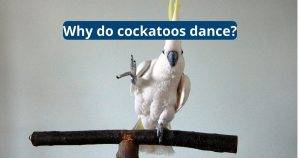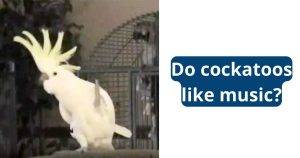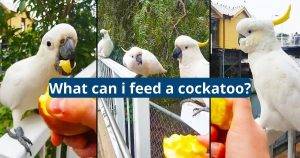What Does Canary Eat?
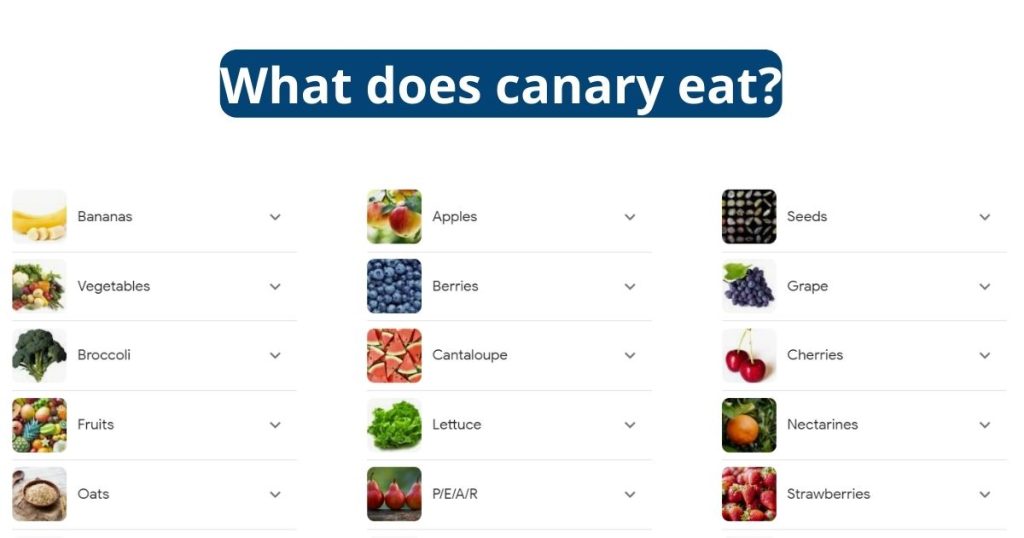
Canaries require a well-balanced diet that includes a formulated pellet food, a minimal amount of seeds and fresh greens. This combination helps promote healthy molting, strong song and breeding behavior. Fresh, thoroughly washed vegetables such as broccoli, kale, chickweed, watercress and lettuce are good options for canaries. Broccoli is rich in magnesium, iron and vitamin A which aids in improving the immune system of canaries.
Vegetables
Canaries can enjoy a wide variety of vegetables, fruits and seeds. However, these should make up a small portion of their diet because too much fruit can deprive your bird of other essential nutrients.
Vegetables such as kale, spinach, dandelion greens, broccoli, alfalfa, chickweed, clover and romaine are rich in vitamins, minerals and fiber. They also offer a nice crunch to your canary’s meal. You can also include cabbage, brussel sprouts (which got their name because of where they originally grew) and watercress in your canary’s diet.
Spinach offers plenty of vitamin A, C, K and B vitamins. It is also a good source of calcium, iron and magnesium. It can be added to your pet’s diet along with radicchio, Belgian endive and romaine. These vegetables should be chopped into pieces that are small enough for your canary to eat. Moreover, they should be free of any pesticides and other chemicals.
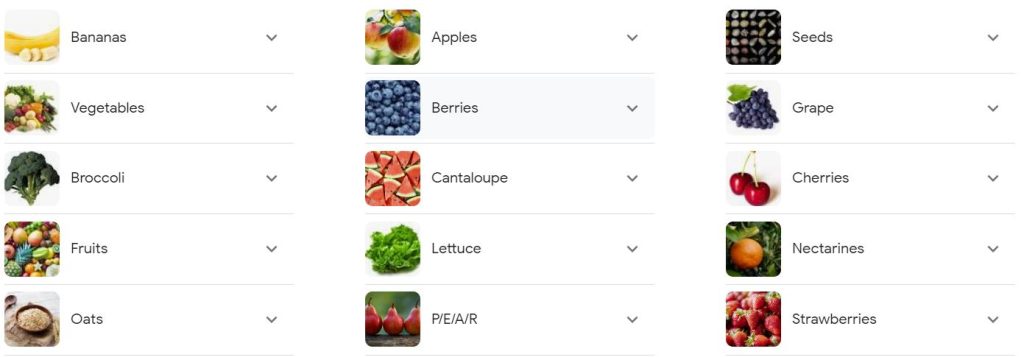
Seeds
Seeds should make up only a small portion of a canary’s diet. They are palatable but nutritionally incomplete, and canary breeders are concerned about fatty seeds that lead to health problems like obesity and clogged arteries.
A high-quality, formulated pelleted diet geared for canaries provides 70% of their nutritional needs, with a small portion of fresh vegetables and fruits in the rest. Pellets are easier for birds to digest than seeds and provide the vitamins, minerals and other nutrients that canaries need.
Canaries should also be offered a selection of bite-sized fresh fruits and vegetables daily. Some of the safest include apple, pear and orange pieces; sliced carrots; chopped broccoli and cauliflower; kale, collard greens and watercress; parsley; and romaine lettuce. Avoid avocado, which contains persin (a toxic substance that can cause respiratory problems and death in canaries) and rhubarb leaves, which contain oxalate.
Some owners prefer to transition seed-eating birds to a pellet diet by offering them pellets in a dish separate from their seeds and gradually withdrawing the seeds over a period of several weeks. Grit should never be fed to a canary because they remove the outer seed hulls when they eat and overconsumption may cause gastrointestinal tract obstructions.

Fruits
Canaries enjoy all types of fruit including berries, bananas and strawberries. They also love watermelon and honeydew. Cherries are another tasty treat for your feathered friend but make sure to remove the seeds before feeding!
Canary lovers will find that a little bit of fresh vegetables and fruits added to their diet makes them happy, healthy and alert. However, a one-sided diet can deprive the canary of essential nutrients and lead to disease and illness.
Greens such as radicchio, dandelion greens, collard greens, and bok choy are safe and nutritious treats for canaries. Avoid iceberg lettuce and celery as they contain primarily water and offer little nutritional value.
Treats
While millet seeds are a healthy treat for canaries, they should not be the only source of nutrients. If they eat too many, it can lead to nutrient deficiencies. A variety of fruits and vegetables is ideal for canaries, including strawberries, watermelon, rhubarb leaves, and cucumbers. Avoid avocados, which can contain a toxic compound called persin. This can irritate the skin, mouth, and throat of birds and cause respiratory problems, as well as a drop in blood cell levels.
Green, dark vegetables are an important part of a canary diet. Kale, spinach, dandelion greens, alfalfa, clover, and chickweed are high in vitamins and minerals. Other good sources of veggies include carrots, radish, turnip greens, and squash. Make sure to wash all fresh vegetables before feeding them to your canary. It is also a good idea to give your canary a cuttle bone, which provides calcium carbonate and trace minerals.



